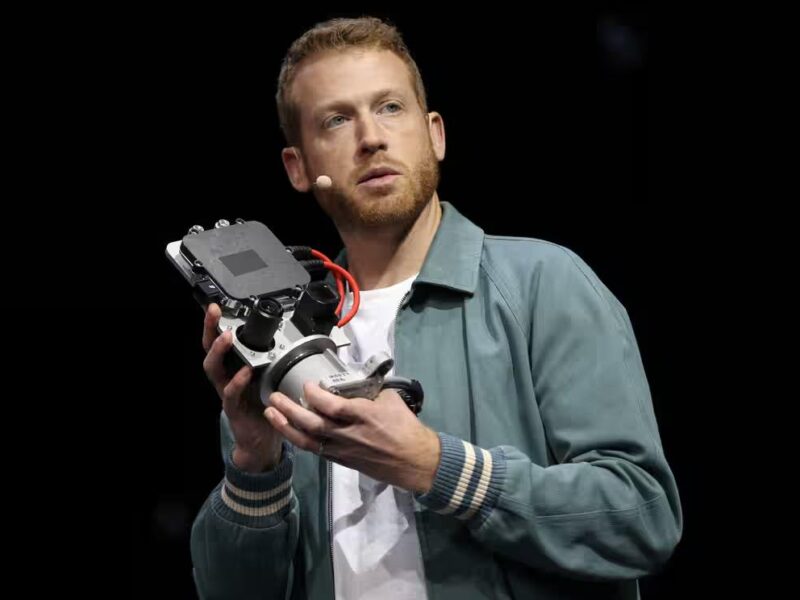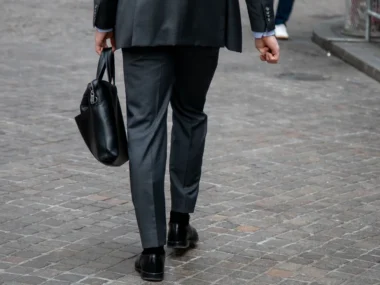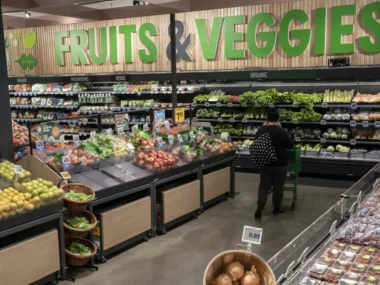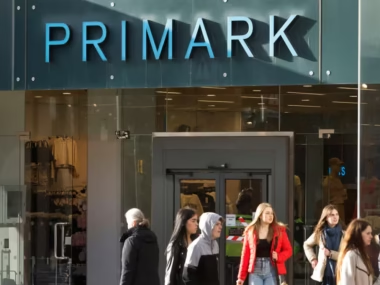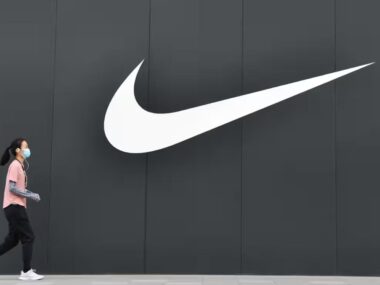Emmett Shear, co-founder of Twitch, has been chosen as OpenAI’s acting CEO, replacing Kyle Vogt.
Less than a month after the driverless car startup Cruise halted operations due to an accident and losing its California operating permit, the founder of the General Motors-owned company has resigned.
Before the business was acquired by US automaker General Motors in 2016, Kyle Vogt founded it in 2013. He did not provide a reason for leaving.
Based in San Francisco One of the most technologically sophisticated autonomous driving businesses in the world, Cruise has begun charging passengers for trips in a few US cities. But following an accident on October 2, California officials canceled the company’s license to transport passengers without a driver, therefore on October 26 it stopped operating all of its autonomous cars.
Following the incident, the business recalled around 1,000 cars to update the software.
Following Vogt’s resignation, Mary Barra, the CEO of General Motors, elevated Mo Elshenawy, the executive vice-president of engineering at Cruise, to chief technology officer, as disclosed in an internal email obtained by TechCrunch.
Thanking Vogt for his “tremendous vision, passion, and dedication over the past decade,” Barra allegedly stated in the email that the Cruise board “understands and respects his decision to resign as CEO.” Additionally, the email emphasized how important “public trust” is. In her writing, she stated that “safety, transparency, and accountability will be our north stars as we work to rebuild that trust.”
Vogt, 38, is a serial entrepreneur who previously launched the video software Socialcam and the streaming website Twitch, which Amazon purchased for about $1 billion. Emmett Shear, a co-founder of Vogt on Twitch, was named as the startup OpenAI’s acting CEO following the abrupt resignation of Sam Altman.
Vogt posted a series of statements on X, the former Twitter platform, saying he would “spend time with my family and explore some new ideas.” “The past ten years have been incredible, and I’m thankful to everyone who has supported Cruise throughout this journey,” he remarked. Since its founding in my garage, the company has provided over 250,000 autonomous rides in a number of locations, giving consumers a tiny taste of the future with each journey.
Cruise is still in its infancy, and I think it has a bright future. The people that work at Cruise are intelligent, ambitious, and tough. They are carrying out an ambitious product vision along with a sound multi-year roadmap. I can’t wait to see what Cruise has planned for the future!
“Together we’ve demonstrated that there is something far better around the corner,” he continued, “but the status quo on our roads stinks.”
The October 2 accident demonstrated that there is still work to be done before autonomous technology is adopted more extensively. After being knocked into the path of a pedestrian by another vehicle, a Cruise car halted and proceeded to drive further 6 meters (20 feet), dragging the man and causing significant injuries.
Both Cruise and the autonomous driving sector suffered a serious blow as a result of the collision and the ensuing license suspension. Businesses are rushing to create software that can operate automobiles in crowded areas and persuade the public and authorities that it can be safer than using human drivers.

